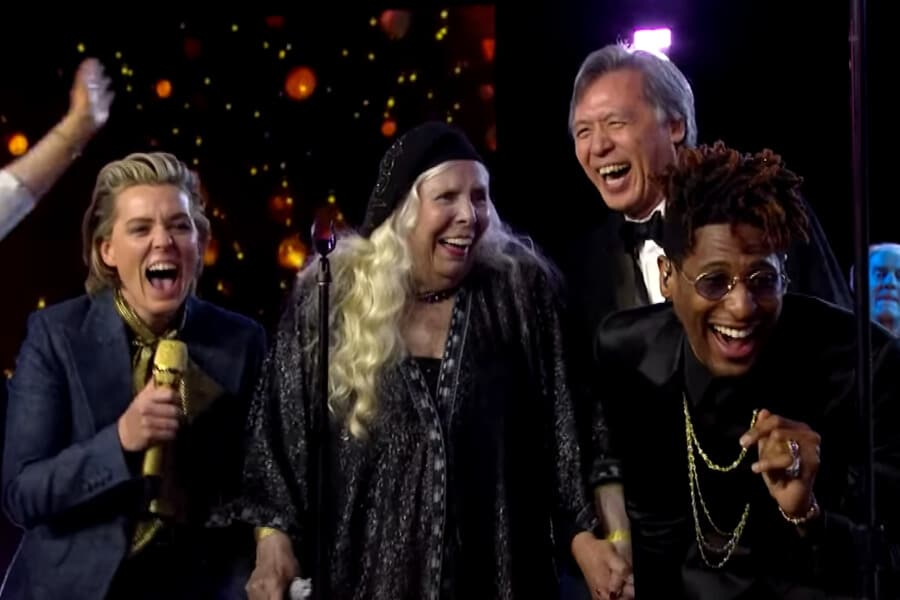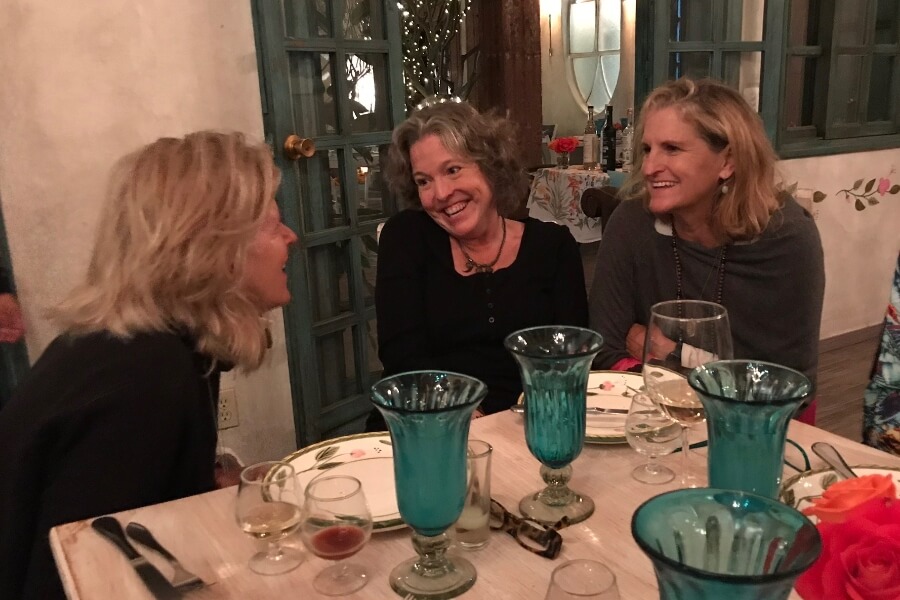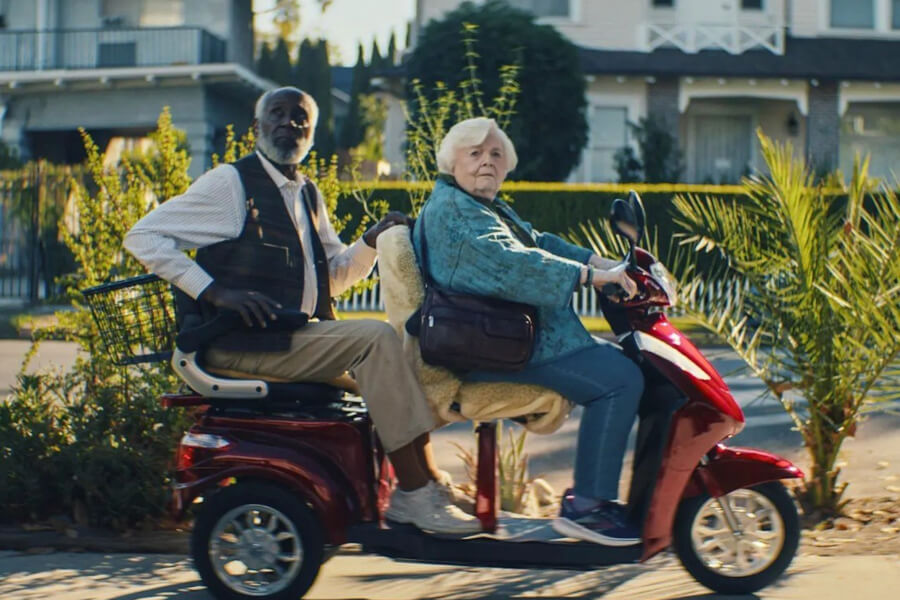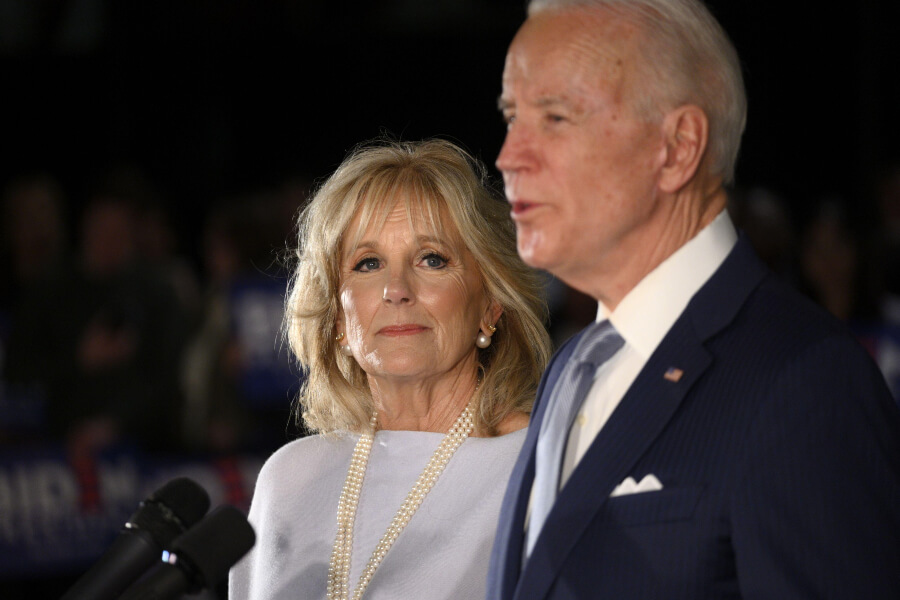Editor’s Note: Sheila Weller wrote this beautiful assessment of Joni Mitchell’s legacy when she was celebrated by the Grammy’s in 2022. Her appraisal is more true than ever, after her touching performance at last Sunday’s Grammy’s, which followed sexist comments by Rolling Stone founder Jann Wenner about her place in the rock’n’roll firmament. Take that Jann!
***
“Oh, I wish I had a river I could skate awaaay on,” Joni Mitchell mourned, in her most-covered song, “River.” The pain she had felt at the time—1970, when she wrote it— was real. At 26, she was in a state of enormous depression. “I’m so selfish and sad. I’ve gone and lost the best baby that I ever had,” she sang. She had left Graham Nash, who had loved her deeply, because, as her friend Estrella Berosini had told me, “She needed her life to be harder.” But from that risk-welcoming experience she had arrived at a beautiful song that had universal meaning about sorrow and what was filled with what might be called elegant self-deprecation and wonderment. “I’m so selfish and sad…”
That tough honesty had strained out lies and clichés and there dwelled idiosyncracy and beauty.
This last weekend was a Joni Mitchell love fest: plain and simple. If there had been flower petals to toss on her, she might have been covered with them.
At a 2022 ceremony in Las Vegas, MusicCares—the charitable wing of the Grammys—held a gloriously loving tribute to Joni, naming her their Person of the Year. (Stevie Wonder, Dolly Parton, Aretha Franklin, and Quincy Jones were among previous winners.) The evening was co-directed by Brandi Carlile, whose wide, late-blooming adoration of Joni was epitomized in her recent Carnegie Hall concerts. (Carlile’s wife Catherine Shepherd had admonished her years before for not loving Joni. Carlile then played Blue and was a stone-cold convert to Joni love.)
Read More: Joni Mitchell’s Landmark Album Blue Turns 50
The Joni Love Fest
The tribute featured an array of stars, ages 16 to 78, performing Joni songs, from over her 55-year career. At the 64th annual Grammy Awards, Joni won the award from Best Historic Album and then appeared with Grammy Hall of Fame winner Bonnie Raitt, to announce the Song of the Year award. If her voice halted a bit as she read the teleprompter (Raitt gently helped her get over that), no one cared. In fact, the stumbling only made her seem more human. She had survived a near-fatal aneurysm in 2015; now, at both the MusicCares evening and the Grammys, she was laughing. (At MusicCares she was also enjoying a big fat margarita.) A very close friend who has known her from their teen years told me, “I was texting with her people and Joni sent her love and said she was feeling great, supported by all the heartfelt tributes and her fabulous team.”
“I don’t know how you do what you do, I just know I need it like food,” Meryl Streep declared.
Joni actually made that sentiment public. Smiling in a black beret, black gown and cape, Joni stood at the microphone at MusicCares and said: “That was such an exciting musical evening for me, to hear my music performed so well by everybody that was on stage. I could retire now and just let other people do it.”
The people who were doing her music were doing a damn good job.
Carlile sang “Woodstock, “giving it the eerie, semi-religious portentousness in which the song—rightly hailed as poetry—was conceived. Billy Porter did a beautiful job on “Both Sides Now,” the masterpiece of wistfulness and poignance that Joni wrote and Judy Collins made into a legend; the rendition earned a standing ovation. Cyndi Lauper sang “The Magdalene Laundries.” John Legend’s exquisite soulful voice was a perfect match to “River.”
“I don’t know how you do what you do, I just know I need it like food,” Meryl Streep declared in a video message. “Ever since we were both young girls, we didn’t know each other, but you sang me into being. You sang my life.” Stephen Stills sent a video, too, and so did Graham Nash, with his love, which had softened from passionate romance (in the days when he was “My Old Man”) to deep friendship.
Not Taking the Easy Way
Joni had demonstrated that need to leave the easy for the difficult—or, let’s face it, the weird— many other times: After she’d left Nash she had had a blissful love affair with a man, Cary Raditz, who’d thrown her plate of food onto the floor at the taverna at which they had met. At the height of her post-Court and Spark fame she had driven cross country in a wig, under an assumed name, and picking up lots of hitchhikers (from this experience came one of my favorites of her albums, Hejira).
She had abandoned “confessional” singer-songwriting at the peak of her ownership of it—and lost a big swath of her fan base in the process—to veer into jazz. She was scoffed as “just a folksinger,” even by two jazz-snob drummers who had a crush on her—John Guerin and Don Alias. They had almost sarcastically doubted she could master their art until they heard her and were utterly knocked out by her jazz chops, both of them told me. They became her lovers, she teaching them almost as much about jazz as they taught her.
Most important, perhaps, has been her heroic overcoming of the aneurysm. It was a near-death experience (major outlets were planning obituaries), but she took it on, quitting her 60-year, two-pack a day smoking habit and working intensely with a nurse and a physical therapist. She had conquered the aneurysm just as she had conquered polio in her teens and as she had conquered shame as an unmarried pregnant woman performing publicly in the highly conventional and judgmental provinces of Canada in the middle ’60s, where, she has said, “being pregnant and unmarried was like you’d killed somebody.”
A Tough Broad
At the end of the MusicCares evening, the performers flanked Joni and sang her pro-environmentalism hit “Big Yellow Taxi.” It was the first time she’d sung in public since 2013. (That’s her in the photo above with Carlile and Jon Batiste.) But they left her alone to deliver a parting shot reprise of the first line: “They paved paradise….”
When that happened, Brian Friedman wrote, in Variety, “there was an explosion of joy in the house, and at least a few wet eyes when the lights came up.”
Joni has a big ego—a daring thing for a female.
The funny thing about all of this is: Joni has never really courted adulation. Sure, very early in her career, when she was an almost prim, delightfully ladylike young woman and a writer of songs as wistful as they were substantial—”The Circle Game,” “Both Sides Now,” “Chelsea Morning,” “Michael From Mountains”—her giggling, genteel charm made her irresistible to critics and audiences at folk clubs like Philadelphia’s Second Fret. But over the last almost 40 years—or even more—Joni has been a tough broad, happy to say PC-incendiary things: She doesn’t relate as a feminist. She doesn’t like Bob Dylan and thinks he’s overrated. She wanted her autobiography to be titled The Only Black Man in the Room.
She had proudly displayed her deep, hoarse, decades-of-smoking voice, so opposite of that breathless soprano of her earliest years. That metamorphosis, too, was a kind of version of her leaving the easy for the difficult. Love me as a tough broad, she was daring. Sure, there have been more than plenty of tough-broad singers—Peggy Lee, Anita O’Day, Big Mama Thornton, ad infinitum—but most of them didn’t start out as endearing soprano ladies.
Joni has a big ego—a daring thing for a female. “She wouldn’t want to be compared to those other women,” someone told me when I was writing Girls Like Us, about her, Carole King, and Carly Simon. “She would want to be compared to Miles Davis or Picasso.” Whoa! What woman is allowed to say that and mean it? Why, Joni is.
The love for Joni so fabulously on display over the weekend tells us that a tough broad is a hero—both for counterintuitive reasons and for conventionally laudable ones. “It’s amazing where she’s come back from,” her good friend says. “Her stamina is beyond words…. [and] her sense of humor about life. I can’t wait to debrief with her, one on one.” Her talk about the weekend “will be rich and funny and opinionated.”
That’s Joni. And that—as much as her music—is why people love her.
A version of this story was first published in April 2022.
Read More: A Half Century After She Became a Star, A Candid Talk With Carly Simon and Her Daughter
***
Sheila Weller is the author of seven books (three of them New York Times bestsellers), the best of which is Girls Like Us: Carole King, Joni Mitchell, Carly Simon—and the Journey of a Generation, which Billboard magazine recently named #19 of the best music books of all time. She has been writer of major features for Vanity Fair, a recent longtime senior contributing editor at Glamour, a has written for the New York Times Opinion, Styles and Book Review and for just about every women’s magazine in existence. She has won 10 major magazine awards.





















0 Comments